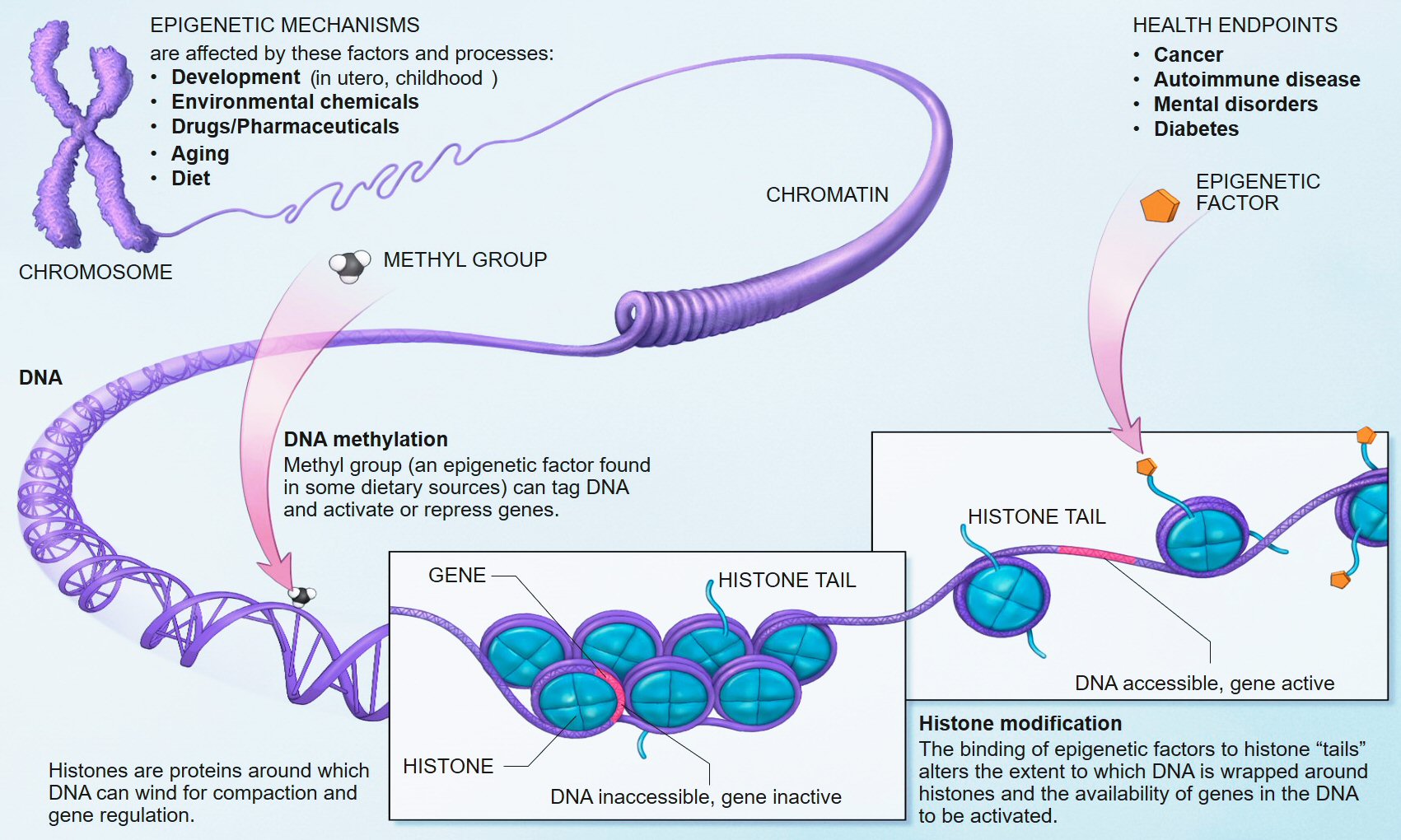DaveC426913
Valued Senior Member
The same can be said for me.There are only about 1 billion girls in the world and out of these 1 billion I know that the very large majority will not want to date me or have anything to do with me.
Or almost anyone.
Simply by the math.
You think there is some sort of hard line between desirable people and undesirable people. There isn't. It's a smooth curve.
There are an uncountable number of females out there neither traditionally attractive nor economically sound, who are lonely and looking for companionship.I think it has everything to do with my looks and my economic situation.
They see men vying for playboy-esque women and think no man would ever give them the time of day.
You are one of those men.
What are you looking for? The pretty, sexy, bright girl of your grade school memories that you can romp with in the grass? Or a companion who cares about you even more than you care about her?
You have been told by society what you ought to be looking for. And what you ought not accept.




